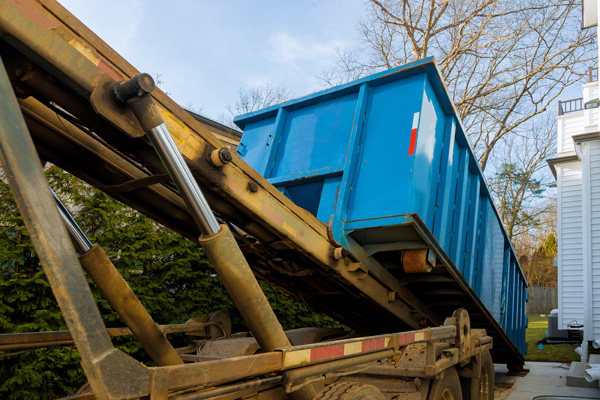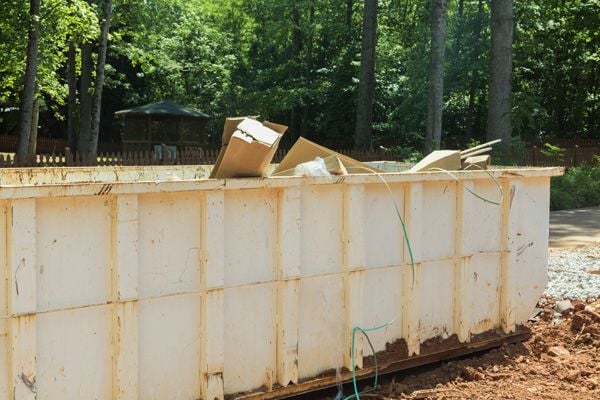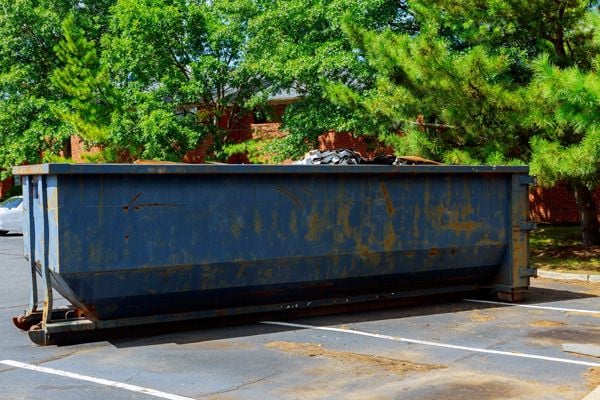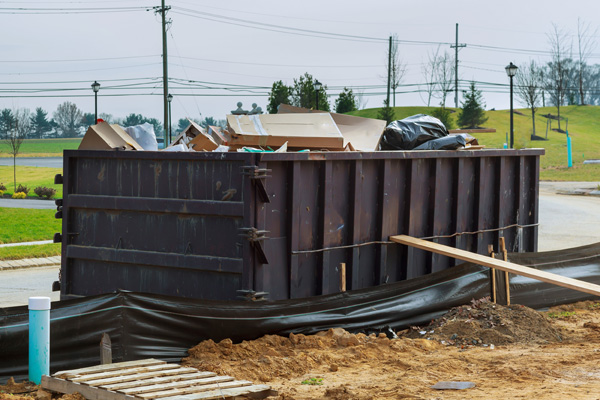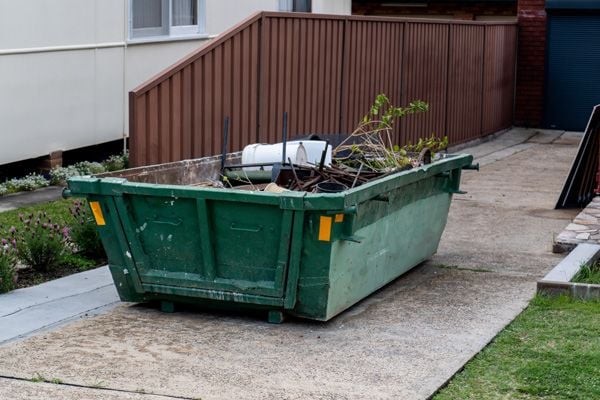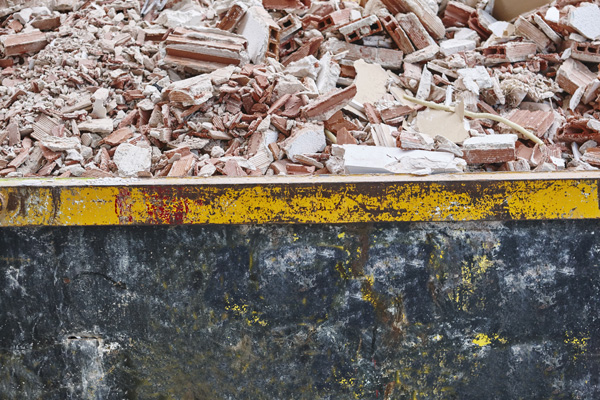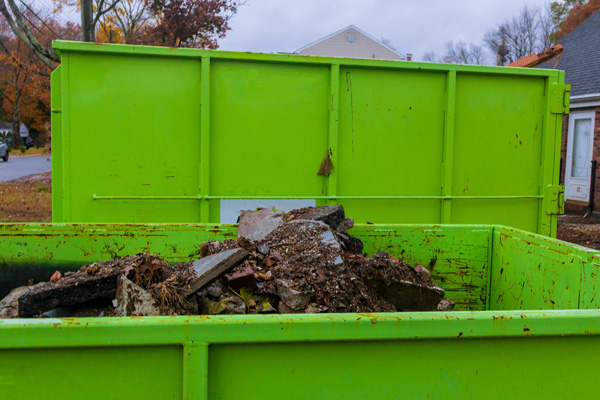Dumpster Rental For Water Damage Cleanup: Everything You Need To Know
Water damage is a common problem and can cause major disruption. It can lead to costly repairs, health risks, and property loss. Proper cleanup of water damage is essential in order to mitigate the impact it has on your home or business. Dumpster rental for water damage cleanup provides an efficient solution that allows you to safely dispose of contaminated materials. This article will provide an overview of dumpster rental for water damage cleanup, including what types of materials are accepted and how to choose the right size dumpster. Additionally, it will also discuss safety precautions that need to be taken when dealing with hazardous waste from water damage cleanups. Dumpsters come in various sizes and configurations depending on the type and quantity of material being disposed of. When selecting a dumpster for water damage cleanup, it’s important to consider its capacity as well as whether or not hazardous materials may be present in the debris needing disposal. The most suitable option should have enough space for all items without overflowing; otherwise there could be additional costs incurred due to overloading fees or weight restrictions. Furthermore, if any substance deemed hazardous is found within the debris then special care must be taken when disposing of them properly according to local regulations. Finally, it’s crucial to adhere to proper safety protocols while handling potentially dangerous substances during a water damage cleanup project. These include wearing protective clothing such as gloves and boots, ensuring adequate ventilation at all times, avoiding contact with skin or eyes, never mixing different chemicals together, and always washing hands thoroughly afterwards. By following these steps carefully one can ensure their own personal safety while taking necessary measures towards restoring their environment back into pre-damage conditions. Understanding Water Damage Water damage is a common problem for homeowners and businesses. It can be caused by anything from natural disasters to plumbing leaks, and it’s important to understand the extent of the damage before beginning any restoration process. To accurately assess water damage, one must consider several factors including mold growth, building materials affected, and the level of water present. When addressing water issues in a structure, it is essential to identify the source of the damage as soon as possible. If left unchecked or not addressed properly, moisture can seep into walls, floors and other surfaces causing further destruction. Additionally, if there has been standing water in an area for more than 24 hours, then there is a greater risk of contamination from bacteria or viruses that may pose health risks. For these reasons, it is wise to inspect all areas carefully after flooding events occur. The drying process will depend on what type of material was affected by the water level; different materials require varying levels of care when restoring them back to pre-damage condition. This includes using specialized equipment such as dehumidifiers and air movers which help facilitate faster evaporation during remediation efforts. With careful attention paid to detail throughout this process safety considerations should be kept at top priority while minimizing further destruction or harm due to long term exposure to dampness or humidity levels that are too high.. As identifying the source of the damage is key to successful mitigation and restoration efforts, let us now explore how best to go about doing so. Identifying The Source Of The Damage Identifying the source of water damage is an essential step in cleanup and restoration. Without knowing where the flooding came from, it can be difficult to stop it from happening again or completely eradicate existing water damage. A roll off dumpster rental is typically used for larger clean up jobs involving water removal attempts, such as residential flood waters. Here are a few tips on finding the source: * Check for any cracks or leaks in pipes inside your home, especially near areas that were previously flooded or show signs of previous water damage. * Inspect windows, doors and other openings in the building envelope which could allow rainwater into your home. * Look outside around the foundation of your house for loose soil or evidence of drainage problems caused by clogged gutters or downspouts. * Contact a professional water damage restoration company who specializes in inspecting buildings to find out what’s going on behind walls and under floors that may not be visible to you. Once you have identified the cause of the problem, you will need to consider selecting the right size dumpster for your project based on how much debris needs to be removed from damaged areas like carpets, furniture and drywall. Generally speaking, yard dumpsters range between 10-40 cubic yards while commercial rentals run at least 40 cubic yards but can go up to 80 depending upon job requirements. Choosing the correct size container can help ensure successful completion of a thorough cleaning process with minimal back-and-forth trips to dispose of waste materials generated during water removal attempts. The next step is determining the extent of the damage so appropriate steps can be taken towards making necessary repairs and restoring affected areas effectively. Determining The Extent Of Water Damage The first step in water damage cleanup is to determine the extent of the damage. When assessing water damage, it’s important to take into account not only visible signs but also how far below surfaces the water has spread. Insurance companies typically follow a rule of thumb that states any standing water or walls after one hour are considered damaged and need to be addressed as part of disaster clean-up. Salvageable items should be removed from the affected area and protected if possible. Furniture, carpets and other materials may need to be moved even if they appear dry at first glance; excess humidity will cause them to become breeding grounds for mold over time. It’s also a good idea to set up portable toilets onsite since there will likely be no running water until repairs can be made. Once an assessment of the damages has been completed, it’s then time to
Dumpster Rental For Water Damage Cleanup: Everything You Need To Know Read More »

